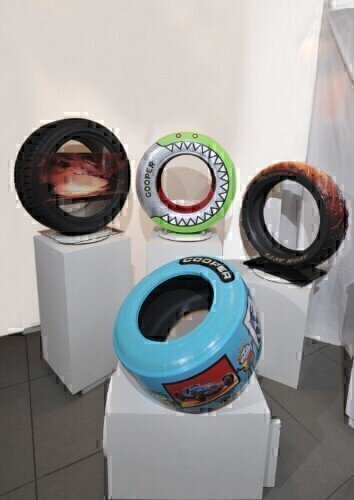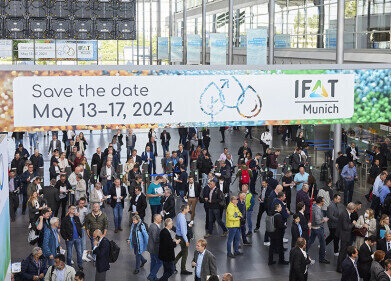Waste Management
Non-Metal Recycling Market Report 2010
Oct 29 2010
A new Market Report on non-metal recycling covers the principal non-metal materials, i.e. paper, glass, plastics, textiles and packaging. The recycling of waste electronic and electrical equipment (WEEE), tires and end-of-life vehicles (ELVs) is also included. The report analyses in detail the market for municipal waste, an important but complex and high-value sector for recycling, which includes the collection, treatment and disposal of waste, including composting and energy from waste (EfW) both from incineration and in the production of fuels.
In 2009, the UK market for non-metal recycling was worth an estimated 2.03bn, having increased by 10% on 2008. Despite the recession, the UK is recycling more than ever before, although the rate of growth dipped in 2009. Data show that people are taking a more responsible attitude towards the environment and are recycling more, and the prospects for the recycling industry look extremely promising.
The trends in non-metal recycling reflect the waste hierarchy strategy of the UK Government, which prioritizes waste reduction in the first instance, followed by reuse and recycling, with disposal being the last option of choice. This strategy is driven by legislation that is EU based but which incorporates the effects of UK environmental pressure groups and the changing attitudes of the public and industry towards waste and recycling.
The waste-management and recycling industries have gained improved profiles through the `business of waste’ and increased their value contribution to the UK. With an established infrastructure and many active trade groups, the waste-management sector is dominated by a few large multinationals, complemented by hundreds of smaller, specialist recycling firms located throughout the UK. Newer technologies, such as gasification and anaerobic digestion (AD), add to the more traditional methods of recycling, with developments focusing on novel ways to recycle more materials, including a wider range of plastics.
The economics of waste management and recycling in the UK will be reshaped in future years as landfill options diminish. Landfill capacity is estimated to have a life expectancy of around 7 years at current landfill rates. The UK is seen as one of the most attractive markets for recycling, compared with other major European countries, because of its greater potential for recycling.
The main threat to the industry is the possibility of restrictive legislation that makes unrealistic demands on the industry or limits its ability to respond cost-effectively. The recycling industry is working with government to broaden the range of materials that can be recycled, the quality of recycled materials and the mix of materials across industry, commerce and householders. This is being supported by government, industry and environmental group campaigns, designed to encourage greater recycling of waste. The outlook is one of significant opportunities for recyclers in a fast-growing market.
Events
Apr 22 2024 Hannover, Germany
Apr 23 2024 Kuala Lumpur, Malaysia
Apr 24 2024 Sao Paulo, Brasil
May 05 2024 Seville, Spain
May 13 2024 Munich, Germany













